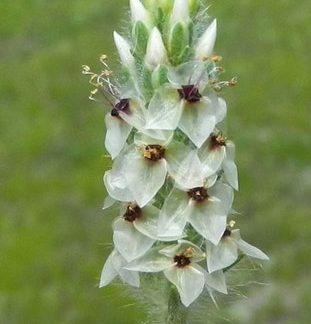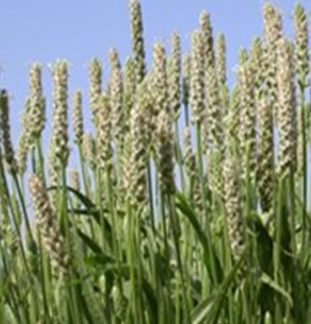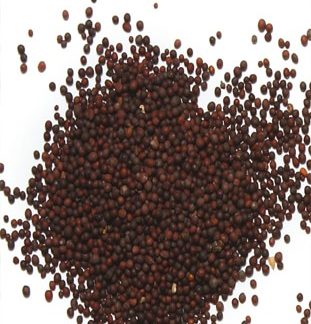Description
Other details:
Psyllium is a very unique crop that is only grown in India in the whole world. The husk of this grain is able to hold water. Different parts of the husk are able to retain water to varying degrees. Because of its water holding ability, it has been used as a laxative for both human beings and Animals.
Called the “mother of herbs” in an old Anglo-Saxon poem, the leaves of this hardy roadside plant have long been used to soothe minor bites and stings. They were also applied to blisters, and their astringent properties were said to stop bleeding. In the New World, aboriginal people used Psyllium leaves to treat abrasions, sprains, gout and as wash for sore eyes.
In 1920 in Belgium a doctor with American Olympic team first discovered the laxative action of Psyllium and with enough water it had better efficiency.
In 1932 Dr. Papesch and Dr. Philip Kober, Research Directors made an experiment of Psyllium on ulcer and colitis cure. The research proved Psyllium as an effective natural bulk-producing laxative.
In 1933 “Metamucil” name was derived from “meta” the Greek word for “Change” and “mucilage” the “form of fiber” that Psyllium represents. And thereafter Psyllium-based dietary fiber supplement grew and flourished with a substantial market.
Gastroenterologist at Northwestern University also run a series of experiments on dogs which proved the Psyllium substance to be an effective colitis treatment. But more importantly the experiments showed that Psyllium mucilage worked as an excellent bulk-producing laxative.
In 1934 Psyllium based Metamucil, the first product of its kind to be accepted by the Council on Pharmacy and Chemistry of American Medical Association, United Sates of America, increasing interest in fiber and fitness which increased the popularity of Metamucil & Psyllium in last 70 years.









